Morocco’s Industrial Acceleration Zones (IAZ) are key pillars of the country’s economic development, playing a crucial role in the implementation of various sectoral strategies. These strategies, such as the Industrial Acceleration Plan, the Green Morocco Plan, Halieutis and the development of the automotive and aeronautics industries, are all supported by the transversal supply chain ecosystem, of which logistics is a central element.
Logistics, as a supporting pillar, is vital to the successful implementation of these strategies, as well as to the development of small and medium-sized enterprises, which form the backbone of the Moroccan economy.
With a view to attracting foreign investment and stimulating economic activity, Morocco has taken the strategic decision to develop Industrial Acceleration Zones (IAZ) on a regional scale. These export processing zones, formerly known as industrial free zones, have been renamed and reconfigured as IAZs in line with the 2020 Finance Law. This transition goes beyond a simple change of terminology; it reflects Morocco’s strategic vision to improve its position on a continental and regional scale.
Attractions and differentiating assets
The tax advantages offered by the IAZs play a crucial role in their attractiveness. The corporate income tax rate is set at 15%, which is particularly attractive for entrepreneurs looking to set up a business in Morocco. This rate was adjusted after a five-year exemption period, initially set at 8.75%.
What’s more, companies based in the IAZs benefit from a tolerance regarding sales on the local market. Since 2018, they have been authorized to sell up to 15% of their production on the local market, in addition to their exports. This expands business opportunities and strengthens local integration.
IAZs also offer a wide range of support services to companies wishing to set up in these privileged zones. In addition to real estate services, such as turnkey buildings and office space for rent, they offer a variety of services ranging from operations and logistics to general and commercial services, making it easier for companies to set up and operate.
However, to make an industrial zone a truly special platform, it is crucial that ZAIs collaborate with various governmental and local bodies, such as the Regional Investment Centers (CRI), the National Social Security Fund (CNSS), Customs, and local authorities. These collaborations enable us to provide efficient administrative services to investors, simplifying bureaucratic procedures.
Flagship IAZs. A few illustrations.
Morocco has a wide range of IAZs, each with its own specific features and advantages.
For example, Midparc, located in Casablanca, specializes in the aeronautics and space industries, attracting defense and security giants as well as companies of the future in fields such as medicine and embedded electronics. Its strategic location close to Mohamed V International Airport gives it direct access to Africa and Europe.
The Atlantic Free Zone is an attractive hub between Tangier and Rabat, attracting multinationals in the automotive and electronics sectors. It is strategically positioned between Rabat and Casablanca, two major metropolises linked to the rest of the country and beyond by complex networks.
Technopolis, nicknamed the Silicon Valley on the outskirts of Rabat, is ideal for companies specializing in exports, benefiting from a strategic location close to motorways and the airports of Rabat-Salé and Casablanca. It offers an abundant pool of competitive human resources thanks to the best training schools located in Rabat.
Oujda also boasts a cleantech industrial park. Located close to the port of Nador Beni Nsar, it benefits from a unique geographical position at the crossroads of Africa, Europe and the Maghreb, offering advantages in terms of a skilled local workforce and export opportunities.
Tanger Free Zone, inaugurated in 1999, is an industrial hub close to Europe. Covering an area of 400 hectares, it stands out for its strategic location and diversification into sectors such as automotiove, aeronautics, textiles, agri-food, logistics and tertiary services. Close to Tangiers international airport, it attracts a highly qualified workforce.
In conclusion…
Morocco currently boasts more than a dozen Industrial Acceleration Zones, the majority of which are operational. However, many more are in the development phase, attesting to Morocco’s continuing appeal to investors in search of fertile platforms.
This initiative demonstrates that demand for these zones has never been stronger, underlining Morocco’s attractiveness and growth potential as an industrial hub.
To find out more about setting up in an Industrial Acceleration Zone in Tangier, Morocco, please contact the AUTICS group via its portal: www.autics-group.com.
Autics group, is positioned as an expert in supporting companies operating in free zones, offering services in logistics, consulting, freight and customs procedures.
The AUTICS group has the expertise to guide you through the process of integrating and optimizing your presence in these zones of industrial development.


